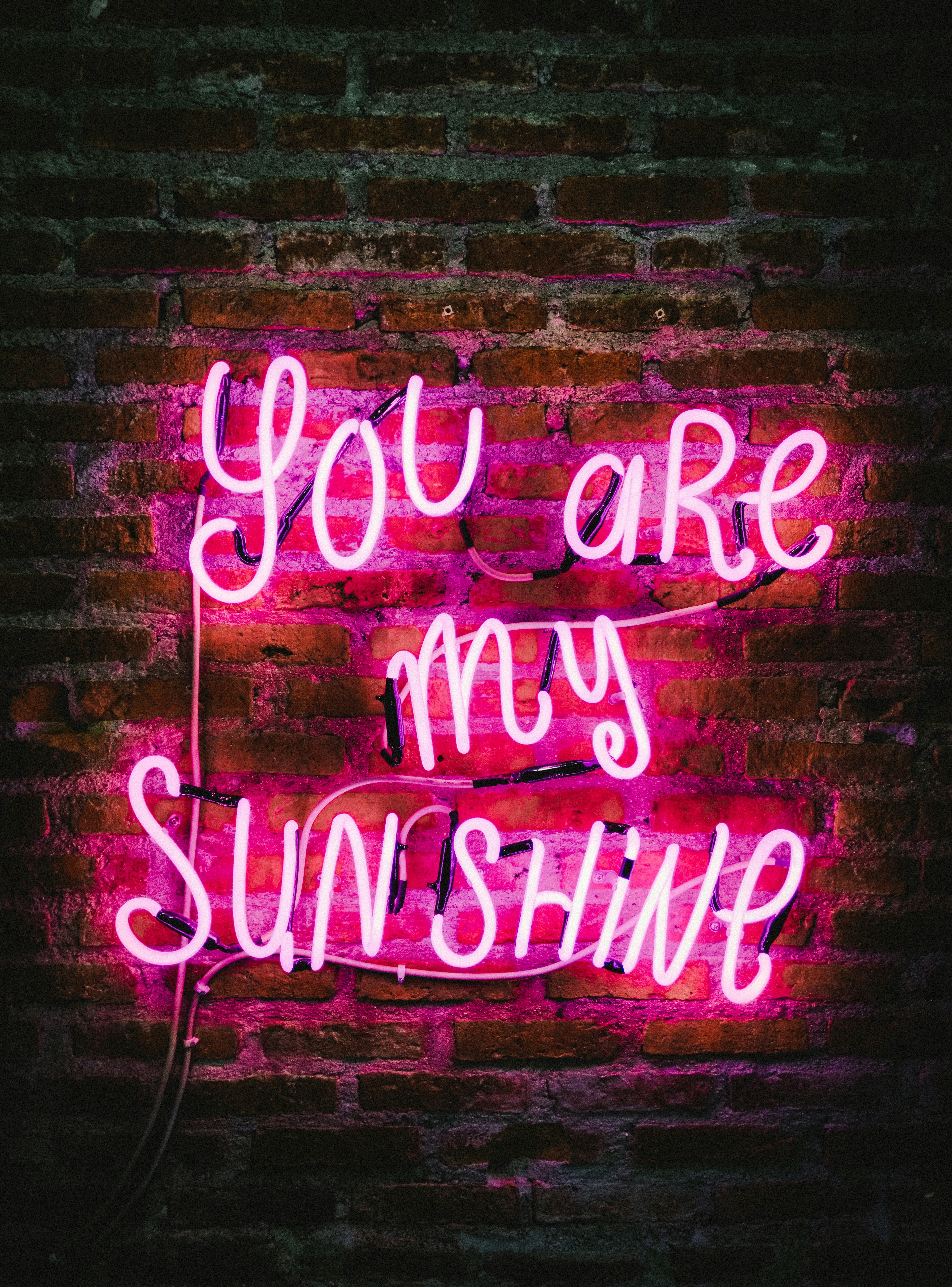United States and European Union under scrutiny for alleged meddling in Cuba's demonstrations, following detention of two activists.
Diving into the Diplomatic Fray: Cuba, EU, and US Lock Horns Over Dissident Arrests
The international stage erupted on Wednesday, April 30, as Cuba took aim at the European Union (EU) and the US embassy in Havana, accusing them of meddling in the island's affairs following the arrest of two dissident leaders.
Tensions started boiling over on Tuesday, after Cuban justice revoked the conditional release granted in January to José Daniel Ferrer, 54, and Félix Navarro, 72. Both men were part of an agreement brokered with the Vatican that promised the release of 553 Cuban prisoners. However, they were re-imprisoned due to allegations of not fulfilling their probation obligations.
In response, the EU called on Cuban authorities to "review this decision and release all those imprisoned for exercising their right to freedom of expression and assembly." Meanwhile, Washington unequivocally condemned the "brutal treatment" and "unjust detention" of "Cuban patriots."
Cuban diplomacy responded fiercely, casting the EU's statement as an instance of "interference" and a lack of "respect" for Cuba's sovereignty, an area they claim the EU has no right or moral authority to comment on. Moreover, the Cuban Foreign Ministry's Director of bilateral affairs, Alejandro García, accused the US embassy in Havana of "interfering" and breaching the principles of international law, as well as the Vienna Convention on international relations.
The US embassy's associated activities—including visits to dissidents like José Daniel Ferrer and Félix Navarro, documented by US chargé d’affaires Mike Hammer on social media—further inflamed the situation.
Organizations like CADAL have urged the EU and Latin American states to intervene against Cuba's "systematic repression," reflecting a growing wave of international concern. The situation, rife with human rights advocacy clashing with Cuba's anti-interference stance, remains volatile.
As diplomatic tensions escalate, the EU looks poised to engage the Cuban government through the EU-Cuba Political Dialogue and Cooperation Agreement (PDCA), with a focus on addressing human rights concerns. Simultaneously, the US considers imposing stricter sanctions, including travel and remittance bans, while aiming to target Cuba's private sector.
For now, both the EU and US appear to be walking a tightrope: balancing their commitment to human rights with the risk of further antagonizing the Cuban government. Despite the challenges, it seems that the international community will continue to closely monitor the situation in Cuba.
- The Cuban Foreign Ministry's Director of bilateral affairs, Alejandro García, accused the US embassy in Havana of acting as a smokescreen, breaching principles of international law and the Vienna Convention on international relations.
- Organizations like CADAL have denounced Cuba's migration policies, urging the EU and Latin American states to intervene against Cuba's systematic repression.
- As the war-and-conflicts and policy-and-legislation sections of general news continue to closely monitor the diplomatic tensions between Cuba, EU, and US, both the EU and US find themselves in a challenging political scenario.
- The Cuban government, amidst the ongoing dispute, has been under scrutiny for its treatment of dissidents like José Daniel Ferrer and Félix Navarro, who were granted conditional release under Vatican-mediated terms, yet re-imprisoned for alleged probation violations.
- The EU's focus in engaging with the Cuban government through the EU-Cuba Political Dialogue and Cooperation Agreement (PDCA) will likely emphasize human rights concerns, while the US considers imposing stricter sanctions, targeting Cuba's private sector and movement of individuals.










